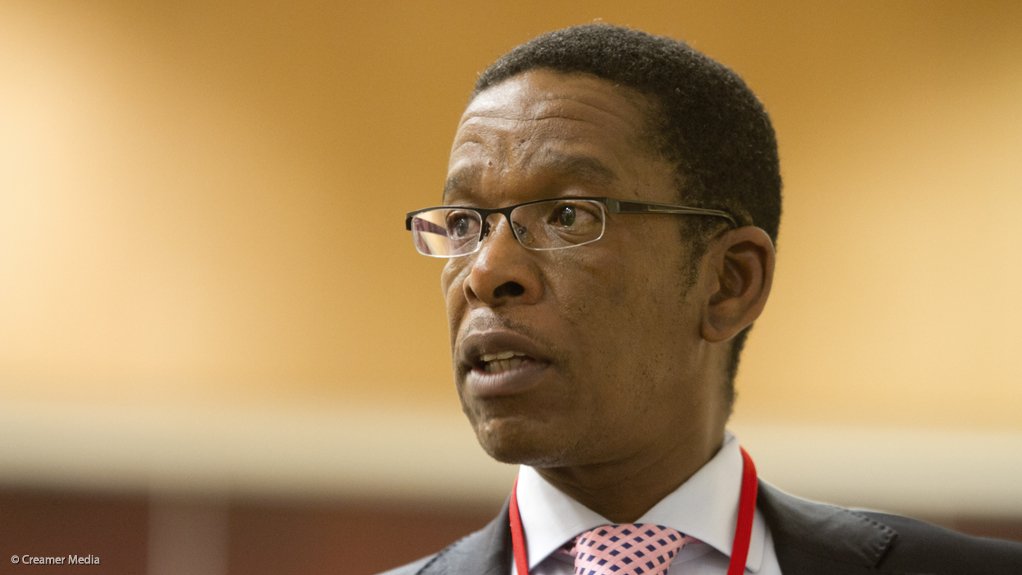The National Energy Regulator of South Africa (Nersa) has confirmed that it received BHP Billiton’s official response this week to Eskom’s application for a review of the utility’s electricity supply contracts with the miner’s aluminium smelter in terms of Section 32 of the Electricity Regulation Act, 2006.
Full-time regulator member responsible for electricity Thembani Bukula tells Engineering News Online that Eskom’s application and BHP Billiton’s response should be deliberated upon at the October 29 meeting of the energy regulator.
Only after that meeting would Nersa be in a position to decide whether it felt it was within its mandate to hold public hearings into the controversial commodity price-linked contracts.
Section 32 compels the regulator to investigate complaints of “discrimination regarding tariffs or conditions of access”. The legislation stipulates that Nersa is required to institute a formal investigation and act to ensure that any licence contraventions are remedied.
But Bukula stresses that Nersa also has to give due regard to the inviolability of contracts. “We are getting legal advice around the sanctity of the contract and what the regulator can or cannot do with regards to contracts.”
Nersa is empowered to make a determination on whether there are objective, identifiable and justifiable reasons for sustaining the discriminatory pricing formula. “However, whether that will offer enough leverage to Eskom to go and change the contracts without any penalties is something we are still not clear on.”
In July, Eskom confirmed the embedded derivative had been calculated as having a negative R11.5-billion balance-sheet effect, based on the anticipated opportunity loss between the tariff charged to the smelters to the end of the contracts and what the utility would normally charge industrial customers. The net fair value loss on the income statement in 2013 was estimated at R5.9-billion.
Eskom argues that the smelter contracts have become “onerous” and is also in dispute with BHP Billiton over the duration of the contract, with the utility arguing that the contracts end in 2020 and the resource giant arguing that they endure until 2028.
EMAIL THIS ARTICLE SAVE THIS ARTICLE
To subscribe email subscriptions@creamermedia.co.za or click here
To advertise email advertising@creamermedia.co.za or click here











